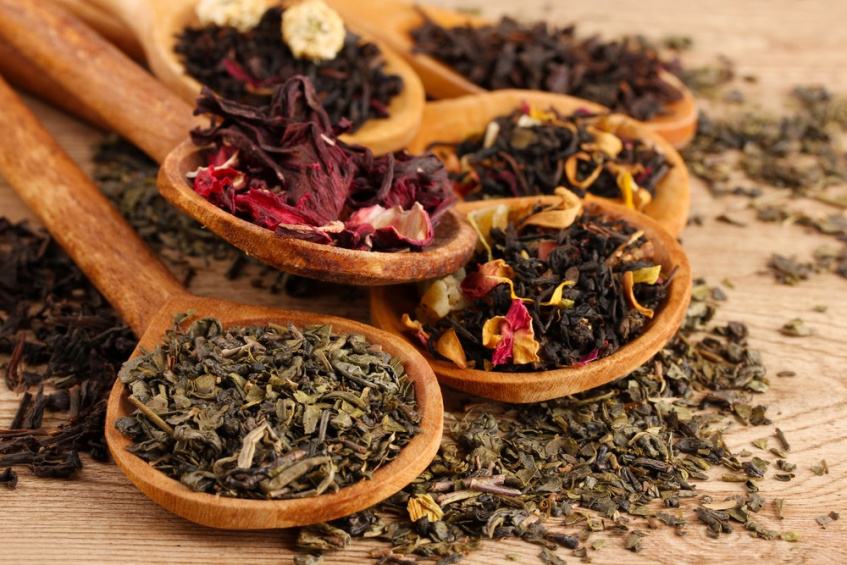
With funding from the European Union under the EU4Business initiative, the European Bank for Reconstruction and Development (EBRD) helped Geoplant, a tea-producing company in Georgia, expand into a one-stop-shop for the entire tea production process.
Founded in 1996, “Geoplant” Ltd. is currently the largest tea-producing company in Georgia. The company owns tea plantations and primary factories, equipped with processing and packing facilities, making it a ‘one-stop shop’ for the entire tea production process.
For many years Geoplant has had close relationships with both private and state-owned tea-producing companies around the world, including in Sri Lanka, India, Indonesia, Kenya and Turkey. These liaisons are constantly nurtured by sharing scientific, technological, and practical experiences, and are the key elements for endless innovation, quality control and expertise in the industry.
Over the course of the past 15 years, numerous state and private organisations have become Geoplant customers. Furthermore, the company has gained many commercial and economic partners, including Plantextrakt GmBH (Germany), Van Rees North America (Lipton, USA), Martin BauerGmBH (Germany), Dobrinia Dar (Ukraine), and Martin Bauer Middle East (Turkey), to name only a few.
Geoplant has also been actively cooperating with the Georgian Tea and Subtropical Cultures Research Institute, the only scientific institution of such expertise within all of Eastern Europe. Cooperation with scientific centres allows the company to rapidly implement and develop innovations in production, ensuring quality improvement and adding an assortment of the tea products.
Throughout 2010, the company created two Georgian branded teas: “Gurieli Export” and “Rcheuli”. Both types of tea have distinctive taste and aroma, an exclusive design and logo and high export potential. In 2012, the company produced the “Gurieli Fruit Tea” line and “Georgian Baikhi #36”, both of which were also designed for the export market. In 2013, the “Ali Sultan” brand for the Marneuli region was added. And in February 2014, Geoplant launched the “Gurieli Herbal Tea” line and the premium "Prince Gurieli" line.
Geoplant’s tea is grown in an ecologically safe environment, without using any chemicals or pesticides during cultivation. It is handpicked and processed using experience and advanced technologies. The Geoplant brands have gained customer support and loyalty on the Georgian and export markets. It is safe to say that, with its rich resources of raw materials, processing/packing facilities, scientific potential and brand development, Geoplant is a leading company in tea production both in Georgia and the South Caucasus.
The company currently owns three primary factories in the Guria and Samegrelo regions.
1. The Ozurgeti production unit, with a total area of 2.6 ha and industrial premises of over 5 000 sq. m., is fully equipped with state-of-the-art machinery from TI Global for primary production of both black and green teas.
2. The Zugdidi production unit, with a total area of 2.4 ha and industrial premises of over 15 000 sq. m., possesses the entire range of tea processing machinery—from plucking to packing, including blending and flavouring facilities from IMA S.p.A.(Italy) and Marden Edwards Ltd (UK).
3. The Kulishkari production unit, with total area of 0.8 ha and industrial premises of over 1500 sq. m., is fully equipped for primary production of black tea.
From 2008-2013, a total of USD 3 million was invested in the company. These investments were mainly used for replacing obsolete Soviet-era machinery, maintenance works on the production premises, branding and development of new products, and formation of the working capital.
